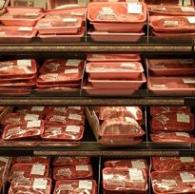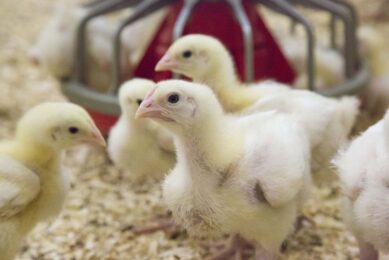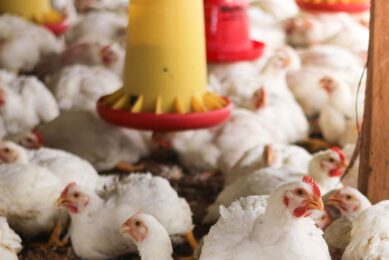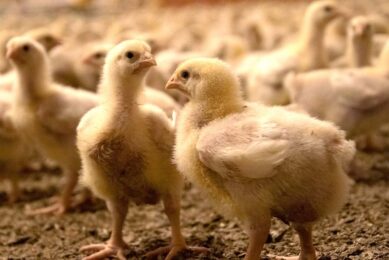The price of poultry in 10 years

Recent headlines worldwide have highlighted the global food crisis and how people are struggling more and more to pay for basic food products. The poultry industry has been hit hard.
It is feared and reported that it is likely that price of food items will continue to increase in the years to come. Times Online reports what food prices may look like in 10 years’ time.
Chicken
There is likely to be a significant price increase in this protein. Chicken, as a 100% grain-fed animal, is at the mercy of soaring grain prices, which have increased 50% in the past 6 months. The rise is in response to factors such as drought in Australia, the rise in affluence encouraging increasing numbers of consumers in the developing world to eat meat, and crops being grown for biofuels rather than food. As 60% of the cost of a chicken is its feed, grain will have a significant impact on what we pay.
Eggs
In the past 9 months the price of eggs has increased by 34% in the UK, as they are equally dependent on rising grain prices as chicken feed. The pattern will continue, according to Giles Oldroyd, at the John Innes Centre, an independent, international centre of excellence in plant science and microbiology in the UK. He claims that the practice of intensively rearing chickens will continue, but that the days of the £2 chicken are over.
Ready meals
According to Mintel research, the growth of the readymeals market has slowed over the past few years, due to growing health concerns. This is expected to continue. However, processed foods will have an easier time avoiding price increases. “What you’re paying for is mostly packaging, transport, marketing, freezing and other things,†says Evan Fraser, a senior lecturer in sustainable development at Leeds University, UK. “The raw ingredients are only a fraction of the overall cost.†If they go up, the increase can be absorbed by cutting costs in other stages of the supply chain.
Join 31,000+ subscribers
Subscribe to our newsletter to stay updated about all the need-to-know content in the poultry sector, three times a week. Beheer
Beheer








 WP Admin
WP Admin  Bewerk bericht
Bewerk bericht